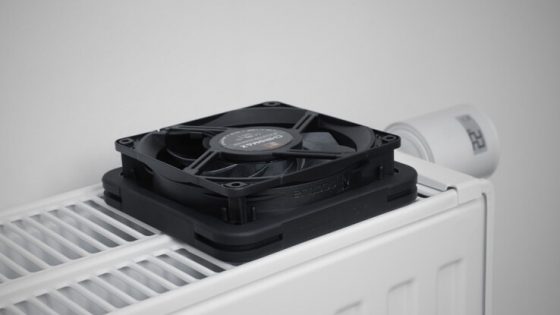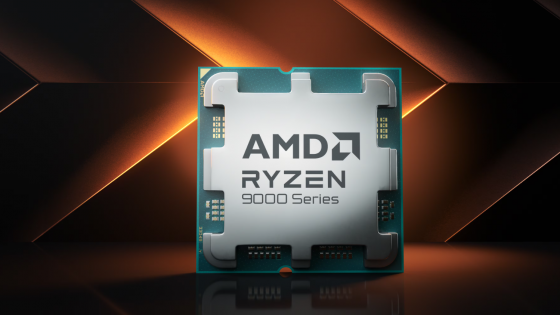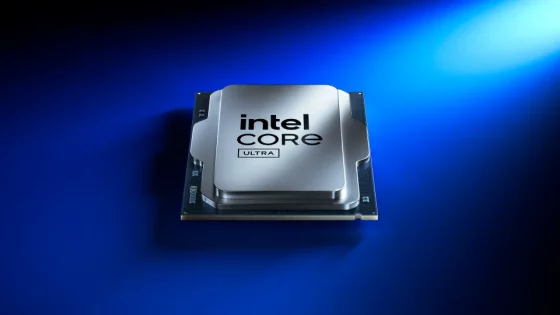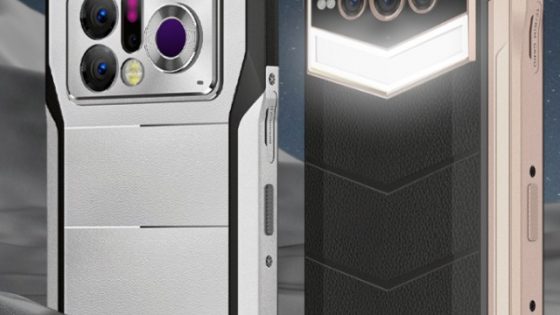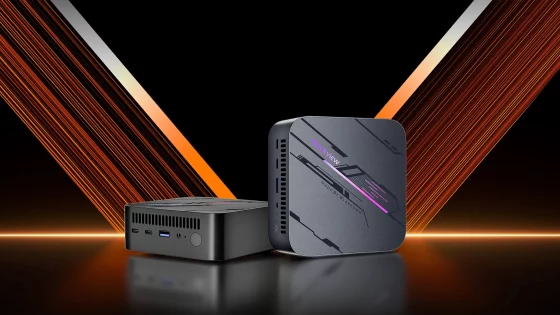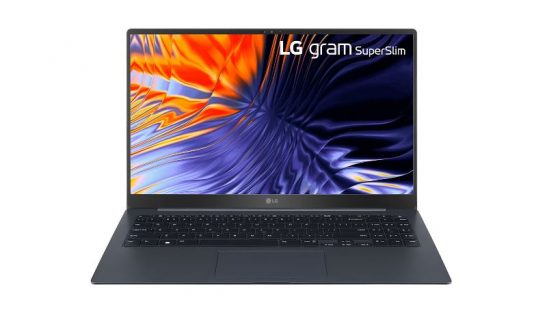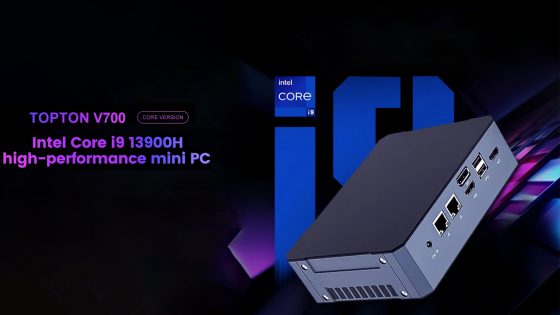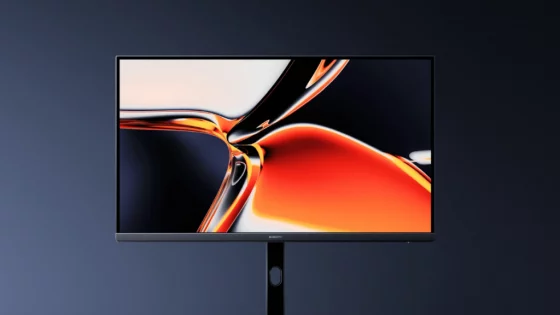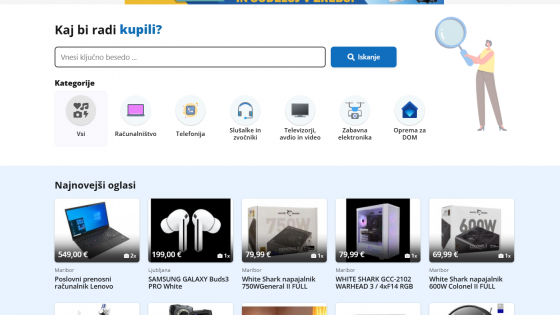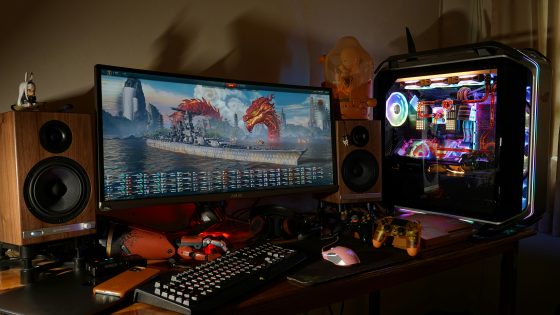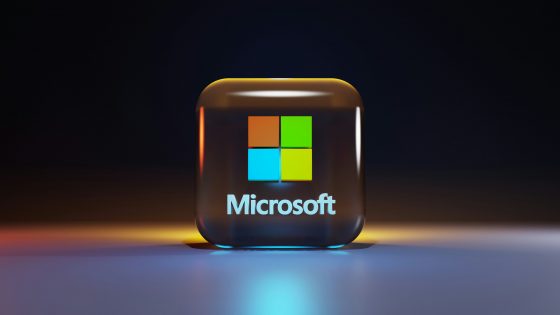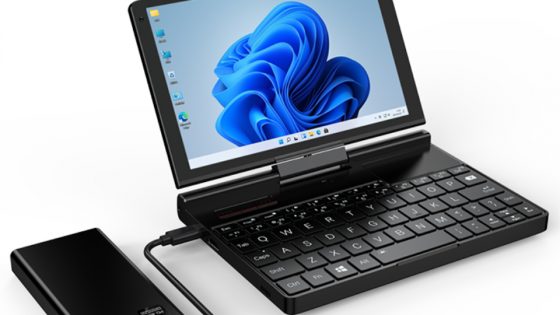14th generation of Intel processors on the shelves
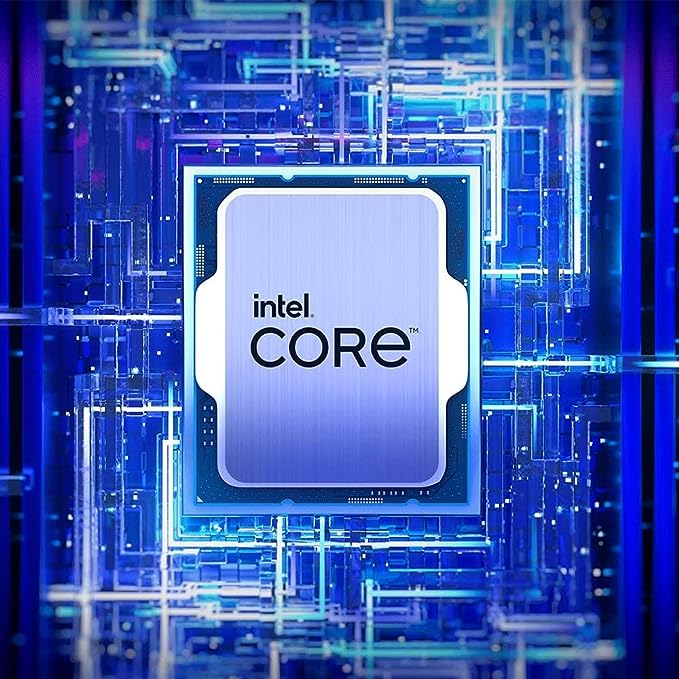
We just waited for them. After months of speculation, predictions, leaked information thanks to whistleblowers and early testers, Intel has finally announced the 14th generation Raptor Lake Refresh processor family. The Core i9-14900K, Core i7-14700K and Core i5-14600K versions are in the foreground.
The big news is that, despite the rumors, the chips were priced the same as their predecessors when they launched on October 17.
Fortunately, rumors that the Raptor Lake Refresh processors could cost up to 15 percent more than their 13th generation counterparts have been proven false. The Core i9-14900K is available for around 600 euros, and the KF version for 550 euros. The Core i7-14700K costs about 400 euros or a few euros more if you go for the KF model without integrated graphics, while the Core i5-14600K costs about 300-350 euros or a few tens of euros less for the KF version.
We have already mentioned in previous articles that the Core i9-14900K can be clocked up to 6 GHz, making it, according to Intel, "the fastest desktop processor in mass production". The special edition 13900KS processor was the first to exceed 6 GHz, but was not ready for mass production.
Intel presents the 24-core and 32-thread Core i9-14900K as a direct competitor to the AMD Ryzen 9 7950X3D processor. At least that's what the latest benchmark tests show, which were done in Intel's laboratory, so it will be necessary to wait for independent tests. The Blue Team contender (Intel) is just a hair better in gaming at 1080p (by about 2.5 percent), while in the same breath the processor is said to deliver up to 54 percent faster performance in creative workflows.
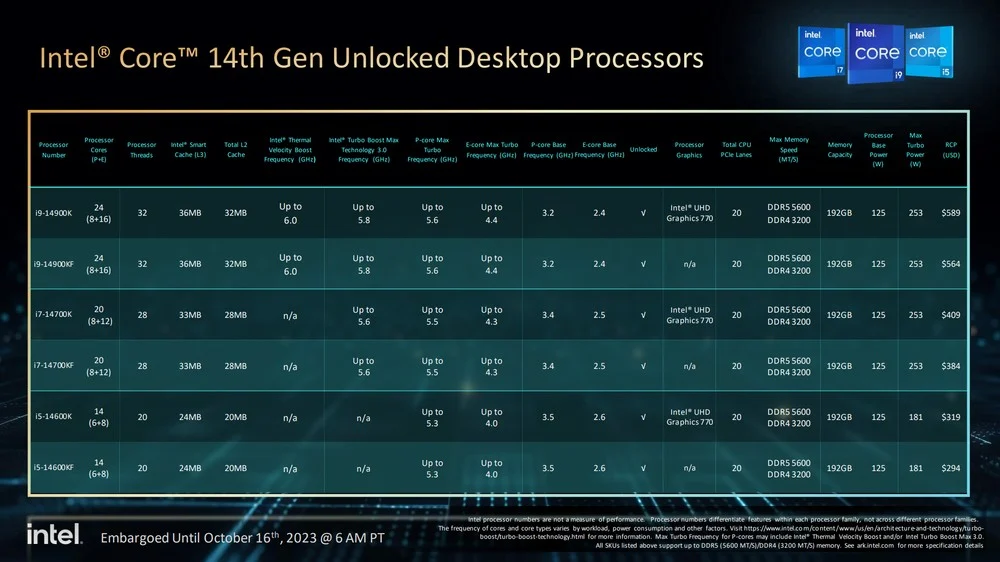
Rumors that the 14th-gen chips don't offer a huge performance boost over their 13th-gen predecessors have turned out to be pretty accurate, but Intel would likely argue that's because it's just a refresh and not a direct upgrade .
The Core i7-14700K (8P + 12E cores / 28 threads) is the only one of the three processors that, compared to its predecessor, experienced an upgrade in the number of cores (four additional effective cores) along with an additional L2/L3 cache (61 MB vs. 54 MB) . Of all the new chips, this one might be of most interest to those considering an upgrade.
Finally, there's the Core i5-14600K. Its 14 cores consist of six P cores and eight E cores (20 threads). The frequency of the cores can be wound up to 5.3 GHz. All processors will support the older DDR4 standard and the newer DDR5 memory.
In addition, Intel says its new AI Assist program within the popular XTU tuning tool will use machine learning to offer customized fan settings for Core i9 models. There's also a new Application Optimizer (APO) that detects games and optimizes the CPU for some of them.





